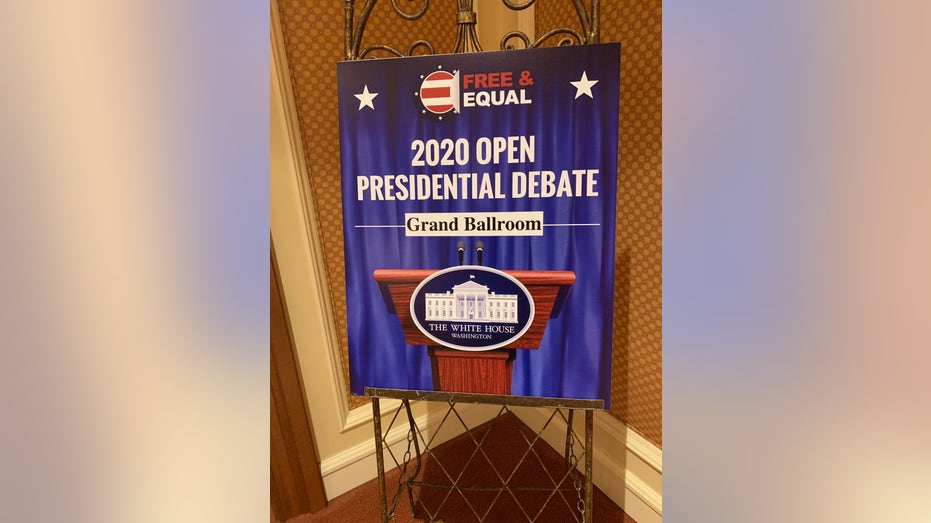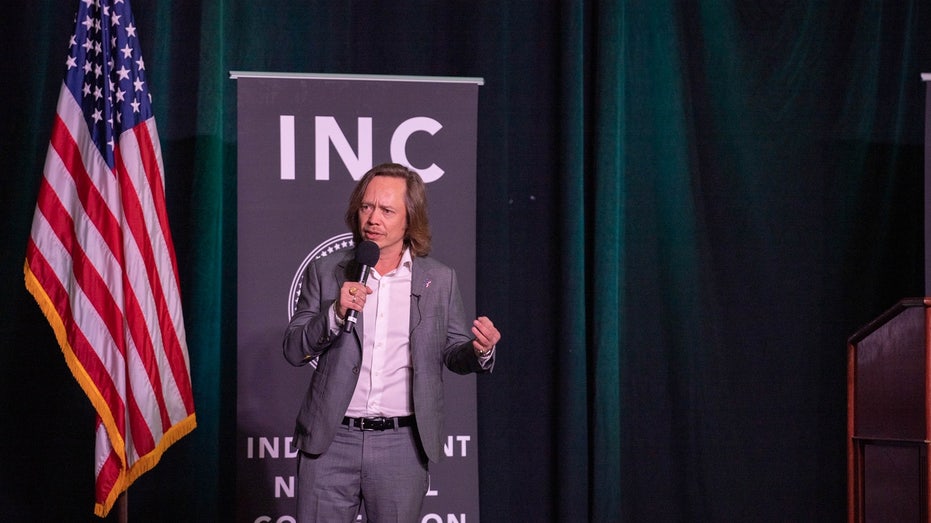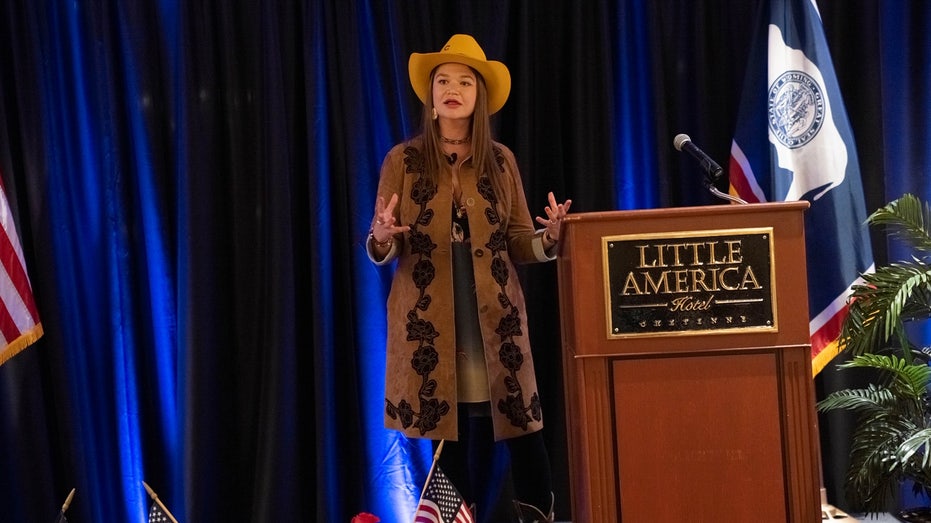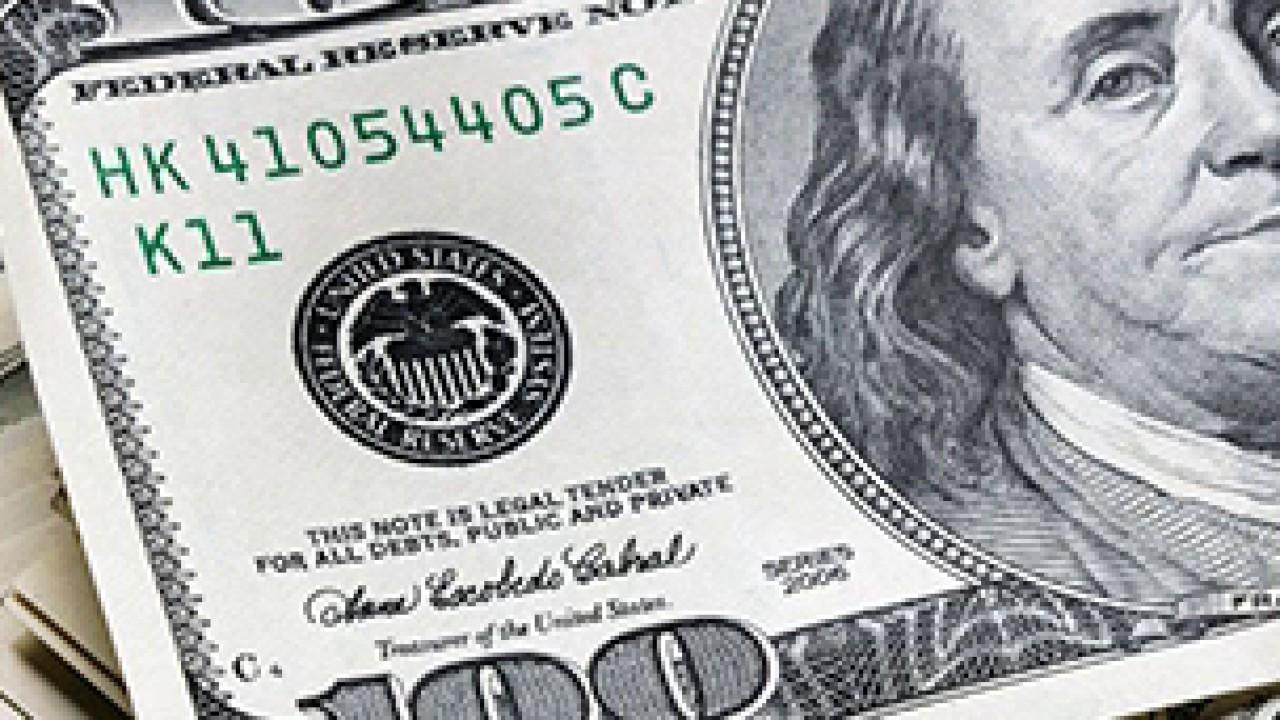Election 2020: Third-party candidates in uphill battle for recognition, votes look to sow seeds for future
Third-party candidates are coming together in hopes of being a competitive alternative to the red and blue
EXCLUSIVE: A cast of characters pushed for a viable third-party option not aligned with the red or blue for U.S. voters when they hit the stage for the first-ever Independent National Convention this weekend in Wyoming.
At least eight presidential independents staged their own debates, forums and resolution discussions with the long-term goal of bringing “independents together to coordinate a critical path forward.”
For the candidates – which include 2020 Green Party nominee Howie Hawkins, Gloria La Riva of the Party for Socialism & Liberation, and former child actor-turned-cryptocurrency entrepreneur Brock Pierce – it’s an uphill battle for their grassroots campaigns, which hope to give American voters a third option on Nov. 3.
Democratic and Republican nominees regularly appear on ballots, but independents have to jump through an array of regulatory hoops in all 50 states – from fluctuating signature mandates to meeting early filing deadlines – in addition to raising the hundreds of thousands if not millions of dollars needed to keep a campaign afloat.
Financially, these candidates are up against the hundreds of millions of dollars that President Donald Trump and his Democratic challenger Joe Biden have access to. In the last two presidential elections, the major party candidates spent billions on their campaigns.

First-ever INC held in Cheyenne, WI this past weekend (Fox News/Fox Business)
Dean Barkley, former independent U.S. senator for Minnesota and the founder and chair of the Minnesota Reform Party, told Fox News that in order for a third party to really make inroads, it has to start with either fame or significant financial resources.
"It is that simple, that is needed and then getting on the debate stage is the second struggle. There are a lot of barriers, but they can all be solved," Barkley said. "In this country, money or fame is the great equalizer. I used money and fame with a retired professional wrestler."
TRUMP STUMPING IN PENNSYLVANIA IN PRESIDENTIAL CAMPAIGN'S FINAL WEEK
Barkley is referring to his role as chairman of Jesse Ventura's triumphant gubernatorial campaign in 1998, which made Ventura the 38th governor of Minnesota. He claimed they were outspent by their competition 20 to 1, but still went on to win in large part due to Ventura's notoriety from Hollywood and the ring.
And it seems Ventura himself hasn't given up the possibility of an independent presidential quest.
"Jesse was almost going to run in this cycle as the Green Party candidate, but they couldn't get their act together," Barkley noted. "But he hasn't given up the ghost yet."
Pierce, known for his role in the “Mighty Ducks” and “First Kid” movies, told Fox News earlier this summer that he had shelled out more than $1.2 million of his own money into his campaign and intended to continue investing.
The 39-year-old has a large team of veteran strategists, managers and planners, and his campaign has a decked-out tour bus, media buys, permits, events, material and transportation spanning a different state almost every other day since July. His name is set to appear on ballots in 15 states.
"We won't know until after the election what kind of impact (independents) have had, but the one thing that is always brought up is the concept of a spoiler," Pierce told FOX Business this weekend. "But it is flawed thinking to demand that everybody vote red or blue. The beauty of this system is that our right to vote entitles us with the ability to vote for whoever we want, and the idea that we have a choice should not be forgotten."

Independent candidate, Brock Pierce (Peter Ruprecht )
But as a number of the attendees pointed out, INC candidates have had to learn more alternative ways of media buying, as most can't afford traditional ad campaigns and television spots.
"The INC is full of techno geeks who can help even out the playing field, they know the best ways to use the Internet instead of expensive media buying to get the message out," Barkley said. "All the tools are there."
Pierce too, with his entrepreneurial and tech background, agreed that there are more innovative and efficient ways of using the tech space to propel third-party political voices. He also asserted that for an independent to make real inroads, it comes down to propelling a long-term vision of unification and starting what he hopes to be a new "movement" that won't end on Nov. 3.
"One of the reasons China is so successful is because it has long-term plans for the country, not just to the next reelection campaign," Pierce continued. "Campaigns are like a startup; you have to build something from nothing."
The INC was not a nominating convention. Rather, its objective ‒ and that of the novel Independent National Union (INU) ‒ lies in sowing enough seeds to be able to put forth the most suitable presidential candidate in years to come.
"This is about getting our act together; we are too splintered. There is a Grassroots party, a Libertarian party, a Green Party. We have all these parties, and we all hate the two-party system, which is failing to solve all the big problems," Barkley said. "If we can get all these diverse units together, then it becomes a force."
According to a 2019 Pew Research Study, nearly four-in-10 U.S. adults (about 38%) identify as politically independent, but most “lean” toward one of the two major parties. The report found that only 7% of Americans overall don’t express a partisan leaning, while 13% lean toward the Republican Party, and 17% lean toward the Democratic Party.
For independents, that's a prominent portion of the U.S. population to galvanize.
This year, some 33 third-party candidates are running for president, with varying ballot access state by state.
Probably the most well-known of them all is rapper Kanye West, who founded his own "Birthday Party" and threw his hat in the ring on July 4. West was urged to attend the INC but ultimately did not show up.
Earlier this year, Starbucks CEO Howard Schultz also mulled an independent bid for the White House – igniting pushback and concern from Democrats that someone of his stature and wealth could drive votes from their base. In the end, he chose not to take the plunge.
IF BIDEN WINS, HE TELLS HIS WALL STREET SUPPORTERS HE CAN’T WAIT TO RAISE TAXES
Historically, third-party candidacies have been viewed as "spoilers" – they have an impact not because the candidates can win but because they potentially take pivotal votes away from the two main parties.
"Some of us still remember the elections in 1992, when Ross Perot ran as an independent and obtained over 18 million votes, basically draining George Bush's (Sr.) base," recalled Carsten Pfau, economist and founder of the Agri Terra Group. "If Ross Perot had not run, Bill Clinton most likely would not have become president, and we would never have experienced the subprime financial crisis in 2008."
Chris Haynes, associate professor of political science and national security at the University of New Haven, said that Green Party nominee Ralph Nader "potentially swung the election in favor of George W. Bush in 2000, having received more votes than the difference in the contested state of Florida."
"People contribute to third-party candidacies for ideological or issue-based reasons; for symbolic reasons to protest and register their frustration with the primary party candidates; for political reasons to support friends and home state candidates; and at times for strategic reasons to take votes and support away from one of the major party candidates," Haynes explained.
It has been done – but a long time ago. Founding Father George Washington – averse to the notion of political pigeonholing – won the Electoral College vote unanimously as an independent in 1789, but since the advent of the two-party system, such federal inroads have faltered.
At the state level, independent triumphs have proven more attainable. Alaska, Illinois, Maine, Minnesota, Rhode Island and Oregon have all, at some point, chosen an independent candidate as governor.
Despite the hurdles, those dedicated to the mission insist that this is merely the beginning – and won't stop until the many Americans who don't identify with either main party have a chance to really make their nonpartisan vote count.
GET FOX BUSINESS ON THE GO BY CLICKING HERE
Brittany Kaiser, a co-host of the INC, is a data activist and former business development director for the now-defunct Cambridge Analytica – which fell apart after information emerged concerning its misuse of Facebook data during the 2016 U.S. presidential election. She said she has worked on three Democrat and three Republican campaigns, but has found her home in the nonpartisan hot seat.
"Independents should have a voice, especially at a time when a lot of Americans have said they aren't interested in the two main choices," Kaiser said. "I know Joe from the '07-'08 Obama campaign, and he was great – then."

Brittany Kaiser, co-host of the INC (Peter Ruprecht )
The data expert also warned that Americans should take much of the polling out there with a grain of salt – underscoring that the vast majority only take a few hundred, or a few thousand, responses and then attempt to use that data as a model reflecting the entire country.
"It just isn't scientifically valid. When I was at Cambridge, we were really the ones who saw that Donald Trump had a chance of winning in 2016," Kaiser said, adding that polling is also deeply problematic when it comes to giving an independent a fair shot. "When pollsters call, they only ask about Trump or Biden. So how can an independent get to 15% and on the debate stage if their name isn't even mentioned?"




















